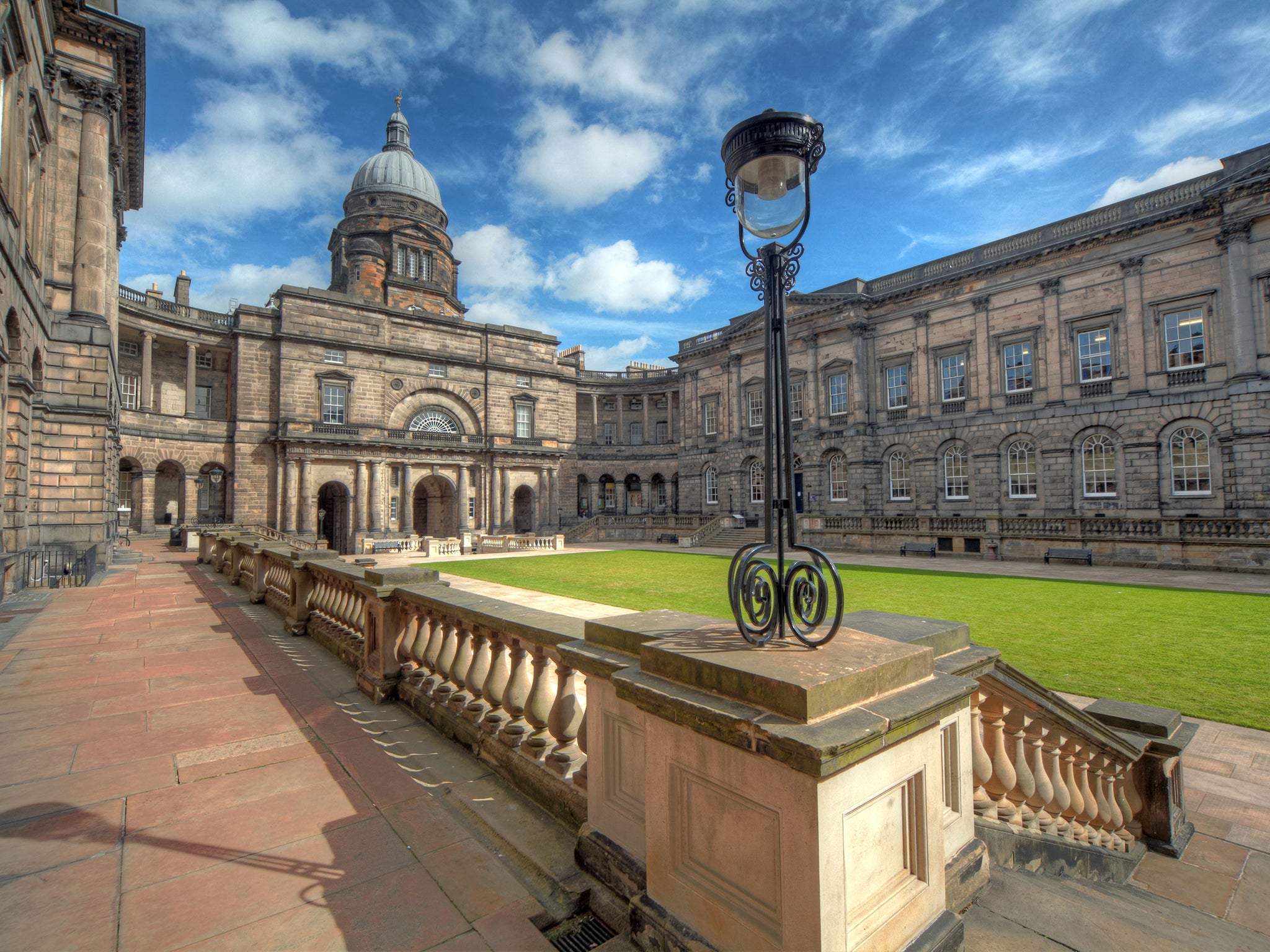Women banned from graduating by Edinburgh University awarded degrees 150 years later
Known as the 'Edinburgh Seven', they were among first to ever try to study at a British university

A group of women who were stopped from graduating by men who resisted their presence at university have graduated 150 years later.
Known as the Edinburgh Seven, the group were among the first women in a British university when they began studying medicine at the University of Edinburgh in 1869.
But they faced discrimination and resistance from their male peers and were ultimately prevented from graduating and qualifying as doctors.
The pioneers refused to take the institutionalised sexism of the time as a final answer, with their campaign against the graduation ban earning them prominent supporters such as Charles Darwin.
Things became violent when the group arrived at an exam hall expecting to sit their anatomy exam, prompting male students to hurl mud at them, a struggle marked with a plaque on campus.
Their efforts eventually led to a law change in 1877 allowing women to study in higher education.
Even two decades later when Edinburgh University saw its first female graduates, young women still had to teach themselves because lecturers, who remained mostly male, refused to teach them.
Now the seven women - Mary Anderson, Emily Bovell, Matilda Chaplin, Helen Evans, Sophia Jex-Blake, Edith Pechey and Isabel Thorne - have been awarded posthumous honorary Bachelor of Medicine degrees as part of a ceremony at the university's McEwan Hall.
Their certificates will be a unique addition to one of the many graduation ceremonies taking place for students across the country this month.
Seven female students from Edinburgh Medical School have picked up the certificates on their behalf; a long-awaited part of a host of events being staged at the institution to recognise the plight of the women.

Third-year medical student Simran Paya, who collected an award on behalf of Sophia Jex-Blake, said: "We are honoured to accept these degrees on behalf of our predecessors, who are an inspiration to us all."
Principal and vice-chancellor of Edinburgh University, Professor Peter Mathieson, said she was "delighted" to give the women what they were "rightfully owed".
He said: "The segregation and discrimination that the Edinburgh Seven faced might belong to history, but barriers still exist that deter too many talented young people from succeeding at university.
"We must learn from these women and strive to widen access for all who have the potential to succeed."
Agencies contributed to this report
Join our commenting forum
Join thought-provoking conversations, follow other Independent readers and see their replies
Comments
Bookmark popover
Removed from bookmarks